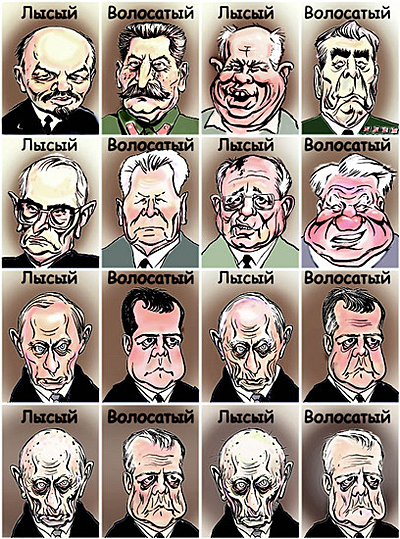 Something interesting happened over the course of the 2008 presidential campaign. I have always been interested in current events and politics, and have always read the New York Times daily and The New Yorker weekly. I’ve usually supplemented those sources from here and there, CNN maybe, or my local newspaper. But I’ve felt reasonably well-informed based on those two publications.
Something interesting happened over the course of the 2008 presidential campaign. I have always been interested in current events and politics, and have always read the New York Times daily and The New Yorker weekly. I’ve usually supplemented those sources from here and there, CNN maybe, or my local newspaper. But I’ve felt reasonably well-informed based on those two publications.
During the campaign, for both professional reasons and simply because I was personally very interested, I branched way out from there. In the earliest days, (circa late 2005/ early 2006), I’d simply search for “Obama” in Google News and see what there was to see. As I did so, certain sites kept coming up — Lynn Sweet’s blog, Andrew Sullivan’s blog, the Chicago Tribune’s blog, Talking Points Memo, First Read, and more. As things heated up and a general search for “Obama” would yield way too many hits on Google News to be useful, I started to cycle through those sites in addition to the Big Two (NYT and The New Yorker).
No single news source turned out to be the one that had all the answers. But cumulatively, all of this reading gave me a lot of accurate information. Various ideas I formed based on that information were borne out — I was able to correctly predict many elements of the campaign, from whether Obama was indeed a viable candidate (in the very earliest days) to whether he would be able to get the Latino vote in a general election, to how Obama would fare against McCain in a head-to-head debate (back when such an outcome seemed unlikely), to what effect Sarah Palin would have on McCain’s campaign (the fact that my predictions tended to be pretty good was part of why I was interested in starting this blog; unfortunately, by that time, only the tail end of my Sarah Palin predictions made it here).
By the time of the election, I was ready to take a break from the information overload. (Me and everyone else who had followed this incredibly dramatic and incredibly information-rich campaign.) I figured my interest would return at some point after I had given myself a bit of a break.
My interest did return, but I faced something I didn’t expect. Because I was so extensive in my research and reading during the campaign, I now know that my usual sources offer some but not all of the story — or worse, offer what is purported to be the full story but is actually fatally skewed. I was repeatedly very annoyed with sloppy reporting from the New York Times during the campaign — that means that while I have always read news items with a jaded eye, my eye is much more jaded yet, to the point that I don’t feel I “know” anything that I’ve read in the NYT — it’s merely a starting point. The New Yorker is much, much better from my perspective — my bullshit sensors are tripped by their reporting far less. But they tend to choose relatively narrow subjects that they then plumb in-depth. I feel like I “know” what’s going on with something that they plumb, but at the expense of breadth. There are plenty of things I’m curious about that they don’t plumb.
So I’m faced with the uncomfortable knowledge that unless I do my extensive trawling again, I don’t really know what’s going on. I have the broad outlines. I have a variety of opinions.
That’s not enough.
This leaves me a bit in limbo when it comes to writing something about politics. It feels lazy to just ask the questions. It feels daunting to go in search of all the answers, so that I “know” something to the same level that I did during the campaign.
It’s an interesting exercise, though, a good wake-up call re: journalism and fallibility thereof. This knowledge that while I may read a lot about current events, the truth takes so much work to find. While I think the idea that blogs will take over from newspapers is problematic (another post, perhaps), I do think this is a service that blogs provide — going deep, doing the research, and providing other information rather than leaving it all to the major newspapers. The New York Times is far from worthless, but the New York Times PLUS my long list of daily blog reads during the campaign provided far more, and more accurate, information to me than the New York Times alone.
So now I read my New York Times every day, and think… “really?”
 A Redditor started
A Redditor started 


 Most news reports last week on the double political murder in Moscow
Most news reports last week on the double political murder in Moscow 


